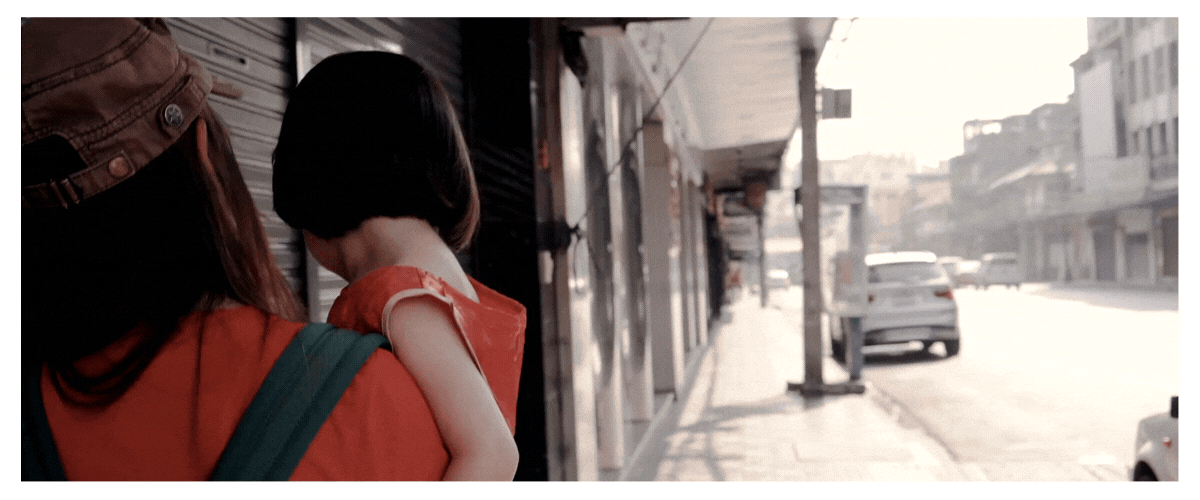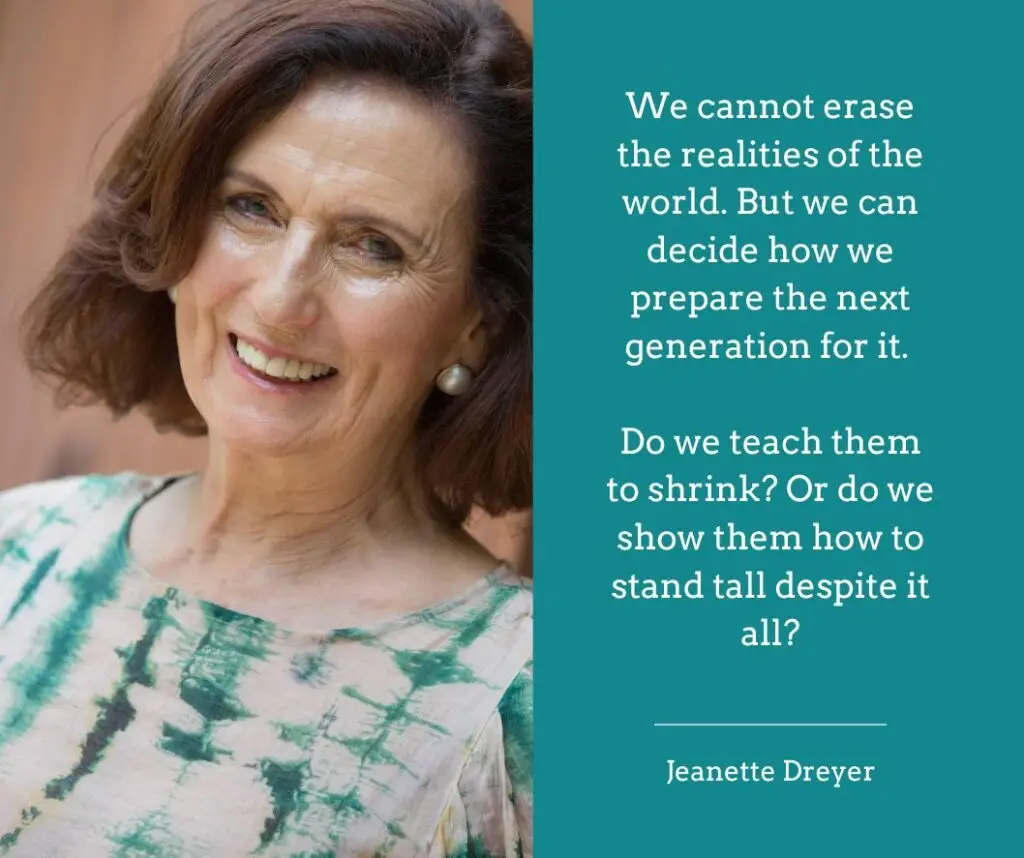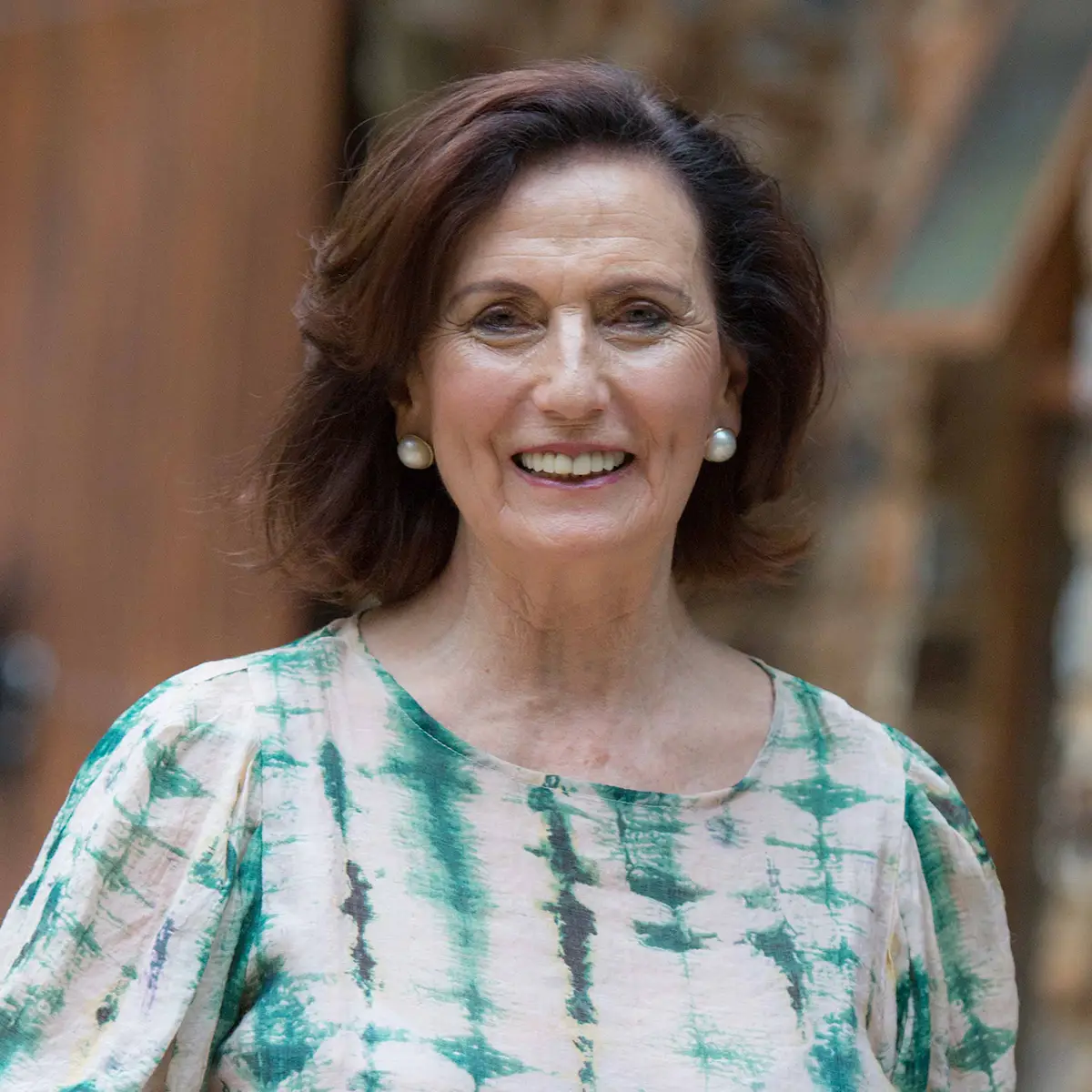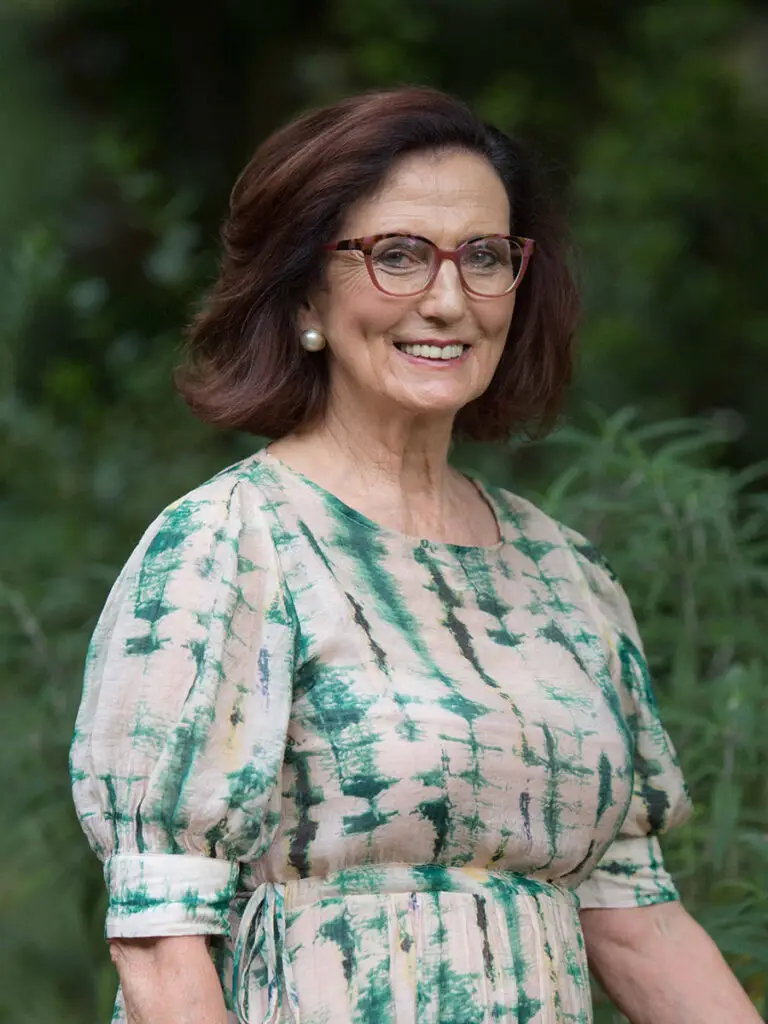Jaco always held his daughter’s hand too tightly.
Even in the safety of their own driveway, his grip remained firm, his eyes scanning the street before they reached the car. It had become second nature, an instinct woven into his very being. The world was not safe. It was his job to protect her.
He told himself that she was too young to notice. But then one afternoon, he saw it.
She was playing in the lounge, just a few steps away from her mother. When her mother left the room, she froze, looking around anxiously. She inched forward hesitantly, her eyes flickering back to the door. When her mother returned, she exhaled audibly, relief washing over her small frame.
Jaco felt something twist inside his chest.
She was doing what he did—always checking, always waiting for something to go wrong.
The Weight of Protection
In South Africa, fear is not an abstract concept. It is a presence in our homes, in the way we lock our doors before the sun sets, in the conversations we have with our children about safety. But there’s a fine line between preparedness and passing on a burden too heavy for a child to carry.

Parents want to protect their children from danger. But what happens when, in doing so, they teach them to fear the world?
Fear is an evolutionary tool—it keeps us alive. But chronic fear? That does something different. It rewires the brain, reinforcing hypervigilance, making relaxation feel unsafe. Children absorb more than we realise. They hear the news on the radio, they see the flicker of concern in their parents’ eyes, they learn that the world is something to survive rather than something to explore.
And so, they stop running freely on the playground. They hesitate before speaking. They develop a subtle but persistent anxiety, one that tells them, be careful, always be careful.
Breaking the Cycle
Jaco didn’t want his daughter to grow up afraid. He wanted her to be careful, yes. But he also wanted her to trust herself, to move through the world with confidence, not fear.
When he came to therapy, it wasn’t because he thought he had a problem. He came because he saw his fear reflected in his daughter, and it startled him.
We unpacked his experiences—the things that had shaped his vigilance, the moments in his past that made his body tense even when nothing was wrong. We spoke about inherited fear, how trauma doesn’t always come from personal experience but from generations before us, passed down in cautionary tales and whispered warnings.
And then, we worked on something new.
Reframing safety. Instead of telling his daughter what to avoid, he started teaching her how to navigate the world smartly. Instead of saying, never trust anyone, he taught her how to recognize good and bad intentions. Instead of saying, always be afraid, he taught her to listen to her instincts and trust her own strength.
Slowly, he softened his grip on her hand. And, over time, she stopped looking over her shoulder.
A Legacy of Resilience, Not Fear
We cannot erase the realities of the world. But we can decide how we prepare the next generation for it. Do we teach them to shrink? Or do we show them how to stand tall despite it all?
Fear can be a teacher, but it should never be a master.
And resilience—veerkragtigheid—is not the absence of fear, but the ability to move forward despite it.

The stories shared here are drawn from years of consultations, shaped by the collective experiences of those who have walked this path. Names, details, and circumstances have been changed to ensure privacy, safety, and respect for our clients.



